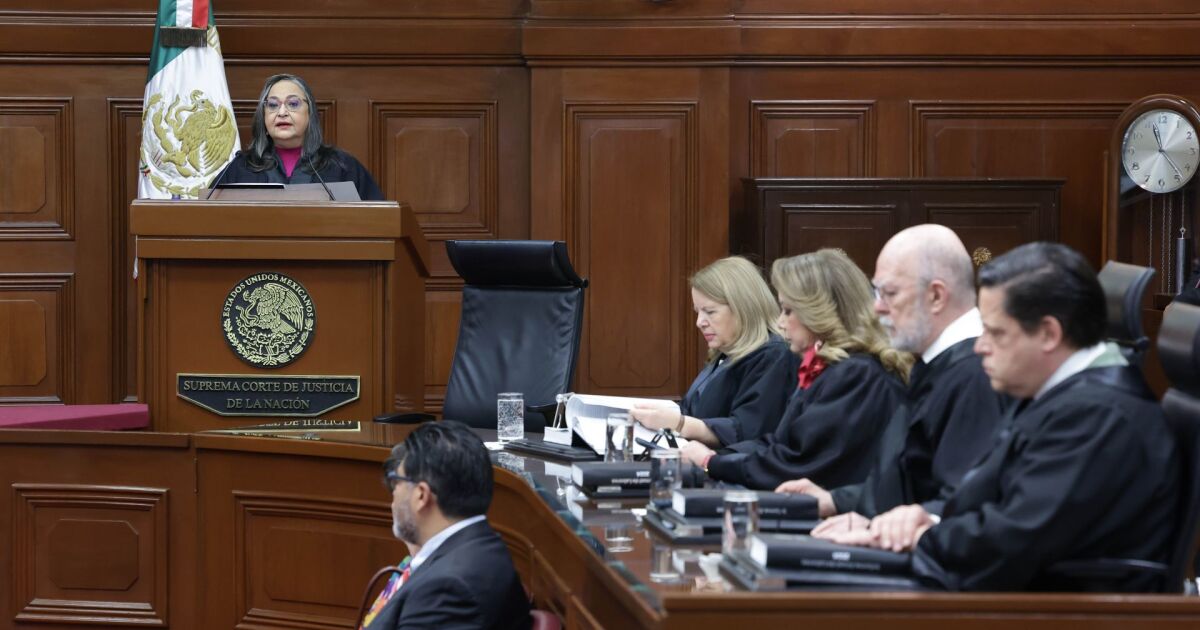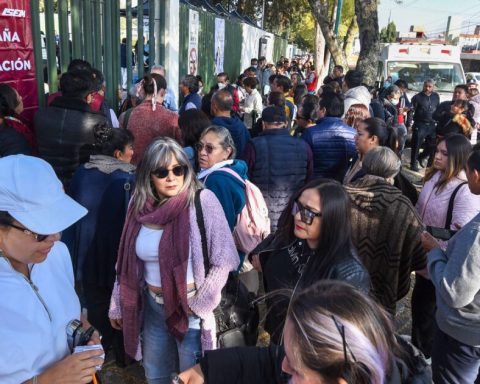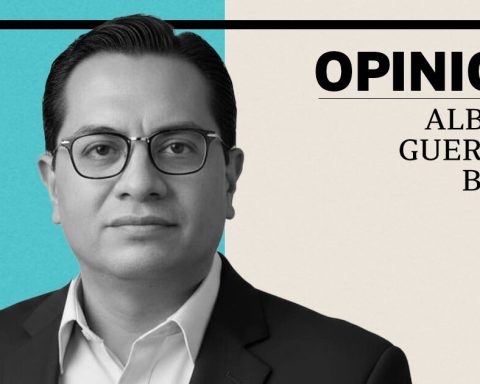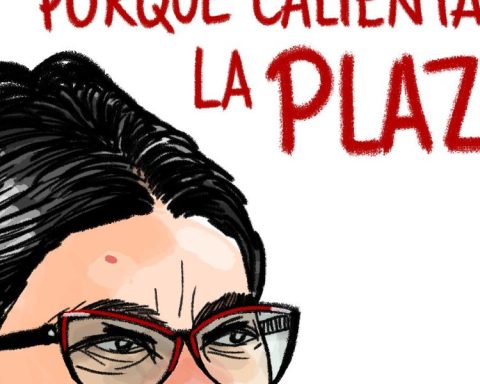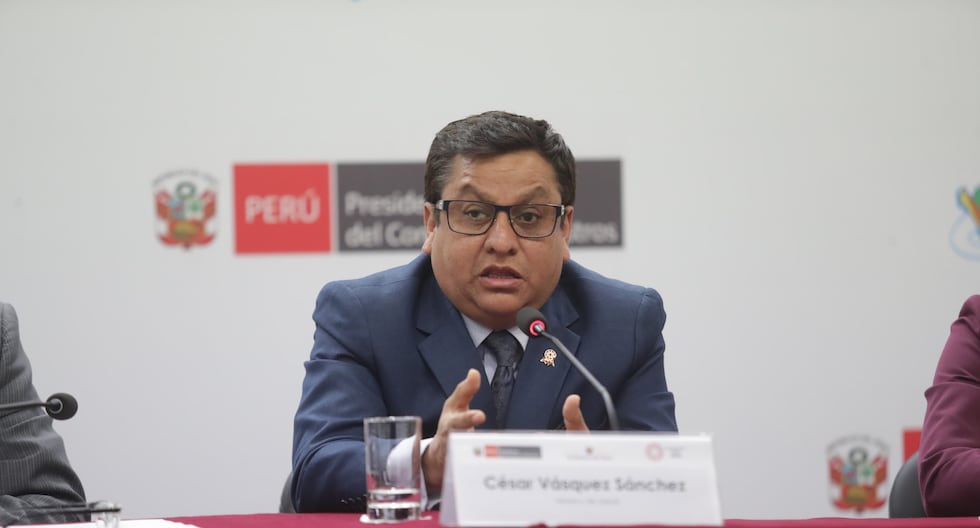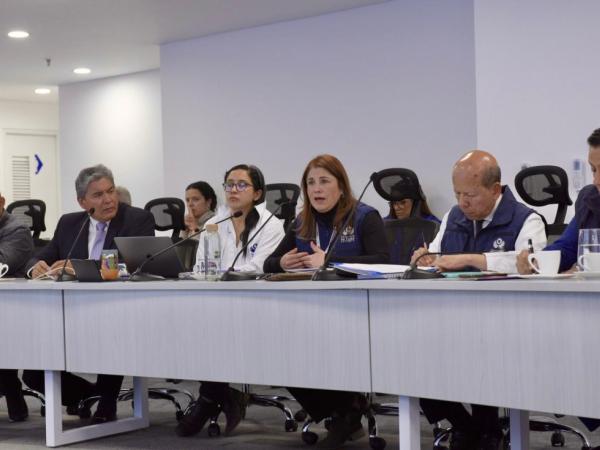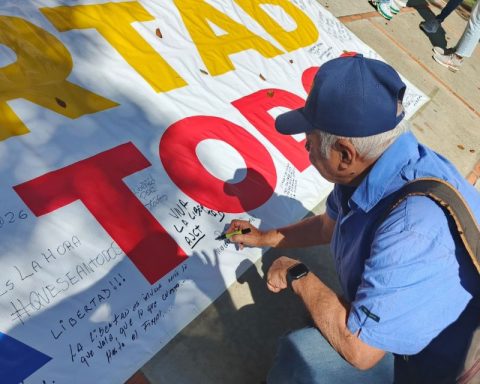The reason for both determinations, as the ministers resolved in a private session this Wednesday, is that since the Judicial Reform did not provide for any defense mechanism against disagreements, it was decided to create it in its General Agreement 4/2024 of October 29, 2024 to regulate the development of the judicial electoral process.
But in the secondary reforms of the constitutional amendments in judicial matters, it was already included what type of appeal would proceed and that the Superior Chamber of the TEPJF would be the competent body to analyze and resolve them.
This was established in the new Organic Law of the Judicial Branch of the Federation, promulgated on December 20, hence the non-compliance resources received were transferred to the TEPJF.
The only exceptions were 15 disagreements, given that these are appeals filed by applicants to join the TEPJF, a case in which it is expected that it will be up to the SCJN to resolve.
The extraordinary electoral process is suspended in the Judiciary, since last Tuesday the PJF Evaluation Committee decided to suspend the work of integrating the lists of candidates for judicial positions, in compliance with the order of a federal judge.
Meanwhile, on the afternoon of this day the plenary session of the TEPJF resolved 120 citizen lawsuits against the decision of the Evaluation Committees of the Legislative and Executive Branch, for excluding applicants for allegedly not having proven that they were eligible for judicial positions.
In 18 cases, the Committees were ordered to include them in the lists of candidates because they had been unduly left out.
The magistrates also ordered that in 48 more cases these Committees must issue a resolution stating the reasons and legal bases that were considered for not including the complainants.
